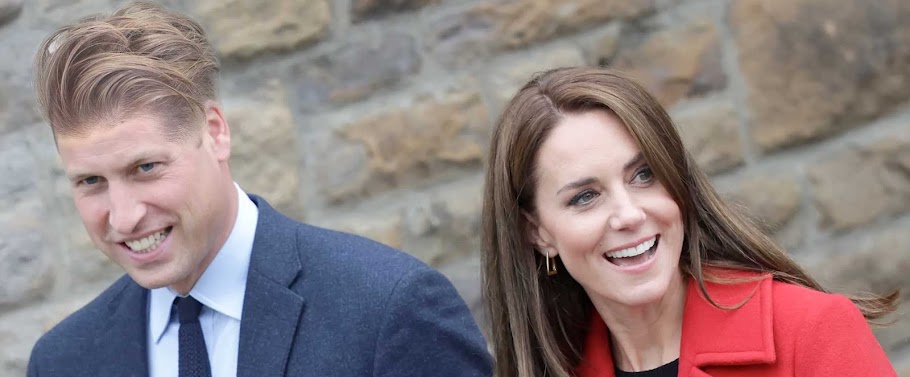The last few months have been a difficult time for anyone interested in what could be described as 'truth'. We've had the Hillsborough report (knocked off the front page by Kate's nipples) which disclosed that the police stitched-up the Liverpool fans. That was followed by the revelations of the USADA's report into the US Postal Team and Lance Armstrong's part in what has been described as "the most sophisticated, professionalised and successful doping programme that sport has ever seen". Now we have the awful spectre of Jimmy Saville's alleged penchant for little girls. Where will it end? Will Biggles turn out to be gay? I recently read a semi-serious critique of W.E.Johns stories and some of the titles do seem to have a double edge.
But, on a more serious note, I read The Observer article on Armstrong this past weekend and, given the extent of the doping that the USADA Report describes, there isn't much in the article that would surprise. Strangely, Armstrong announced in August he would not fight the doping charges filed against him by USADA, saying in a statement he was "finished with this nonsense". An Armstrong spokesperson dismissed the USADA Report thus, "This is all the same, old, worn-out stuff that Usada and others have been peddling for years and that almost everyone has already made up their minds about,".
But The Observer article has an altogether darker side when it deals with the individuals who spoke out in the years before the USADA Report was published. Emma O'Reilly, hired by US Postal as a masseur, ended up being a mule, carrying drugs across Europe for US Postal. In 2003, three years after she left US Postal, O'Reilly collaborated with a journalist on a book titled 'LA Confidentiel: Les Secrets de Lance Armstrong' and the shit hit the fan. Armstrong came after The Sunday Times, which serialised it, and O'Reilly and whilst she didn't give Armstrong anything, the Sunday Times issued an apology. That outcome did a lot to discourage anyone from examining the stories that were common currency about Armstrong and US Postal. Compare Armstrong's attitude in 2003 to his strangely muted response today.
The Observer also covered the story of Christophe Bassons, a former Tour de France competitor who spoke out about drug taking in cycling. Armstrong reportedly suggested that Bassons leave the sport and Armstrong confirmed the comments in a public interview. And the USADA Report details the pressure applied to riders on US Postal to make sure that they collaborated in the drug use.
The Hillsborough story will take a lot longer to explain fully, particularly what went on within the South Yorkshire constabulary and how the facts of the Hillsborough disaster were so distorted by them. What is clear is that serious pressure must have been brought to bear on those who really knew what had happened in order, not just to ensure their silence, but to encourage them to perjure themselves.
But the story slowly unfolding about Jimmy Saville is a rather better illustration of how people can be silenced. Anyone who watched Ester Rantzen's contribution on the ITV documentary must have been left wondering how much she blamed herself for not speaking out. Clearly many people within the BBC and the 'mejah' knew what was going on and did and said nothing. Why not? Fear, most probably. Saville was a powerful and well connected figure and those who did speak out, the abused, were simply not believed, even though it would seem that Saville's activities were commonly known.
And I think about Somerton and the threats that came my way and I find the parallels disturbing. Abuse of any sort, be it of young girls or of public funds, needs collusion for it to remain a secret. And there is certainly enough collusion in Somerton's 'Old Guard'.


